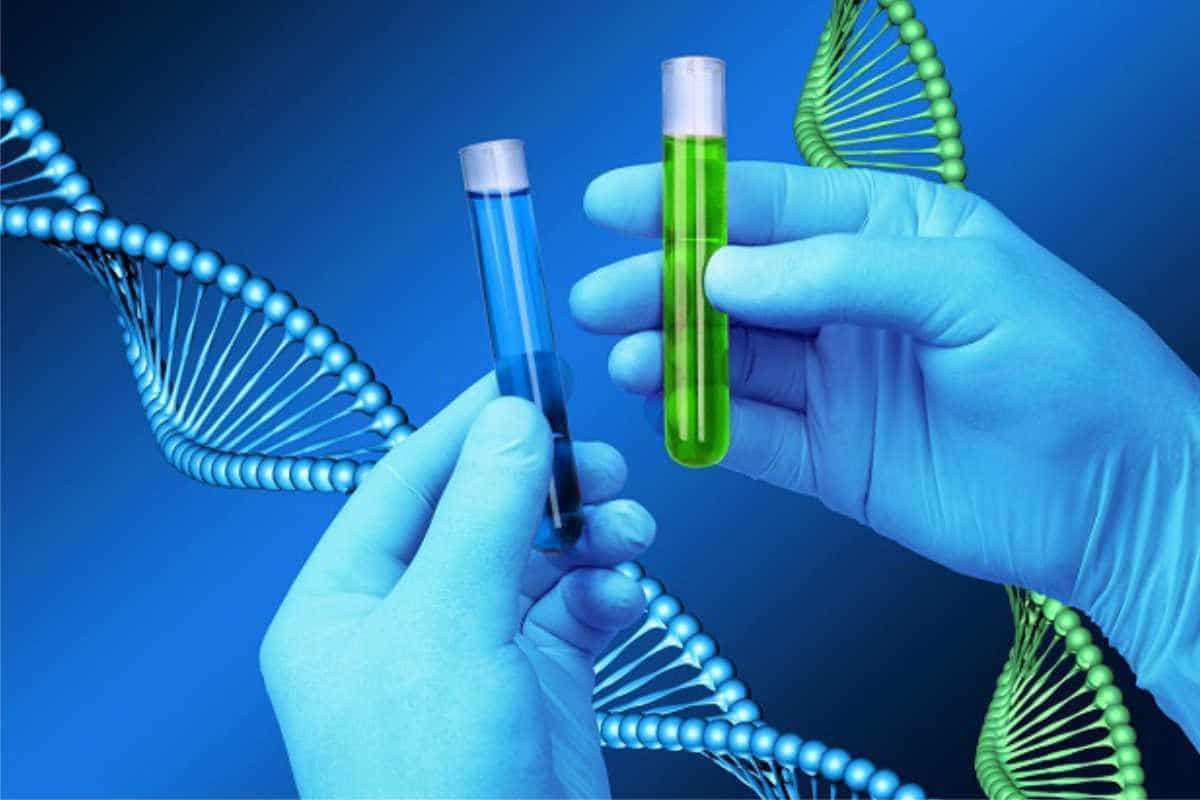Next Generation Sequencing Opens New Doors
Next-generation sequencing (NGS) technologies have revolutionized genetic analysis, allowing researchers to sequence entire human genomes at a fraction of the cost and time required just a few years ago. By processing millions of DNA fragments in parallel, NGS has accelerated genetic discovery and facilitated new approaches to disease diagnosis and treatment. Nowhere is this more apparent than in oncology, where genomic cancer testing is helping physicians personalize care for each patient.
Detailed Views of Tumor Genomes
When first diagnosed with cancer, patients often undergo Genomic Cancer Testing to provide more details about their specific tumor. Through NGS, doctors can sequence all of the protein-coding genes, known as the exome, from a patient’s tumor biopsy sample. This deep dive into the tumor genome reveals any mutations that may be driving cancer growth or influencing response to therapy. Sometimes whole genome sequencing is used to uncover structural variations like gene fusions or duplications as well. The resulting genomic profile gives oncologists unprecedented insights into each patient’s unique cancer.
Discovering Targetable Mutations
For many cancers, specific mutations have been identified that can be therapeutically targeted. Genomic cancer testing helps doctors understand if a tumor harbors any “actionable” mutations that could be treated with existing precision medicines. For example, around 50% of non-small cell lung cancers have mutations in EGFR that make the tumors responsive to drugs like gefitinib or erlotinib. Similar targeted therapies exist for cancers driven by alterations in genes like BRAF, ALK, ROS1, and HER2. Comprehensive genomic profiling helps match patients to clinical trials of investigational targeted drugs as well.
Revealing Resistance Mechanisms
While targeted therapies can produce dramatic responses initially, cancer unfortunately develops resistance over time in many patients. Genomic cancer testing of resistant tumors provides clues about the mechanisms at play. Sequencing may uncover secondary mutations that allow cancer cells to adapt and evade treatment. Understanding how resistance emerges helps guide subsequent treatment decisions and the design of new precision medicines. For instance, several third-generation ALK inhibitors have been developed to overcome common resistance mutations to earlier ALK inhibitors. Continuous genomic monitoring holds promise to characterize resistance evolution and keep cancers in check.
Predicting Immunotherapy Outcomes
The dynamics of the tumor microenvironment and a person’s immune response also impact treatment outcomes. Genomic testing looks for molecular features associated with prognosis and response to immunotherapy. The presence of specific mutations, gene expression patterns, and microsatellite instability can potentially flag tumors more likely to respond to checkpoint inhibitors. Similarly, evaluating tumor mutational burden provides a measure of a cancer’s potential immunogenicity. As immunotherapies become more widely adopted, genomic profiling helps distinguish patients who may benefit most from these promising new treatment options.
Guiding Clinical Trial Participation
Genomic cancer testing plays a key role in matching patients to relevant clinical trials of targeted and immunotherapies. As comprehensive genomic profiling sheds light on the underlying biology of individual cancers, it allows oncologists to recommend the most scientifically-sound investigational treatment options based on a tumor’s molecular characteristics. Participating in precision medicine-focused clinical trials also gives patients early access to new drugs and combinations under study that may one day become standard therapies. Genomic results serve as biomarkers to determine if a trial drug is having its intended effect as well. This personalized approach accelerates progress in cancer research and care.
Considerations for Testing
While Genomic Cancer Testing holds tremendous promise, several factors need consideration for optimal clinical application. Cost, lack of insurance coverage, and limited availability can pose barriers for some patients. Interpreting vast genomic data also requires expertise in clinical cancer genomics. Clinical laboratories must meet stringent quality control standards, and physicians need training to fully utilize and act on genomic results. Test reports should clearly communicate clinical significance and actionability. Multidisciplinary tumor boards can help navigate complex genomic findings. With efforts to address these challenges, genomic profiling is on track to become part of routine cancer diagnosis and management worldwide.
The Future is Genomic
As costs continue falling and clinical validity extends to more cancer types and genes, genomic cancer testing will become standard practice. Combining tumor genome data with other “omics” like transcriptomics, proteomics, and metabolomics will provide an even deeper understanding of disease mechanisms. Genomic data sharing through initiatives like The Cancer Genome Atlas is accelerating knowledge. Artificial intelligence and machine learning applied to massive genomic datasets will enhance precision oncology. Ultimately, genomic cancer testing will help transform cancer from an inevitably fatal diagnosis to a chronic, targetedly-treated condition. By unraveling each tumor’s unique blueprint, genomics is empowering physicians with new tools to decisively outmaneuver this complex disease.
*Note:
1. Source: Coherent Market Insights, Public sources, Desk research
2. We have leveraged AI tools to mine information and compile it


